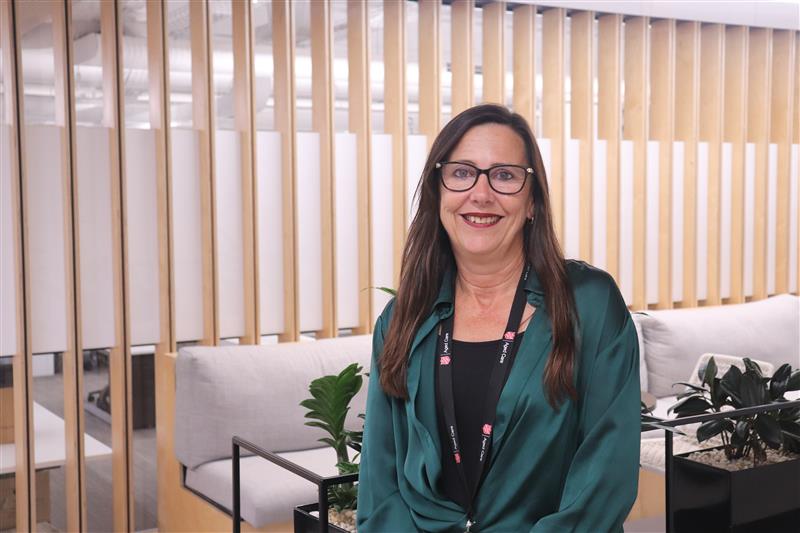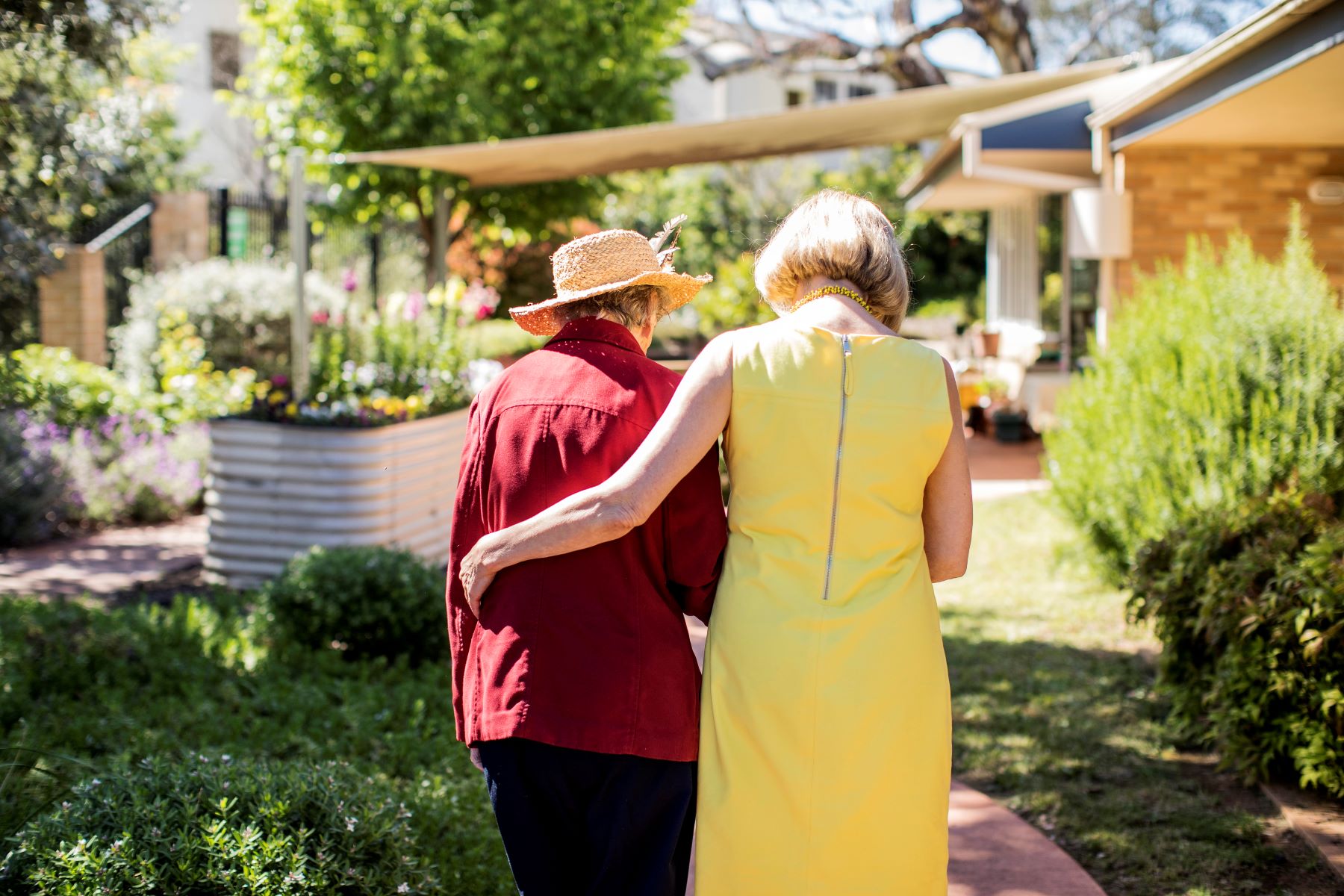Acknowledging Dementia Action Week with Angela Raguz

According to Dementia Australia, the national peak body supporting people living with dementia, their families and carers, there are an estimated 433,300 people living with dementia in Australia and 1.7 million people involved in their care.
While there is no cure, and dementia can be experienced by anybody, it’s more common after the age of 65. The Salvation Army Aged Care, with centres located nationally, support people living with dementia through knowing each person, specialised care plans, strategies for improving environments and in-home care services while facilitating strategies to minimise the impact of their symptoms.
“It’s important to understand ‘dementia’ is an umbrella term,” says The Salvation Army’s Head of Aged Care, Angela Raguz. “There are over 100 conditions to which the term applies.” Those conditions might include vascular dementia or Alzheimer's disease - the most common form of dementia.

Many people in the community associate dementia with memory loss and see this as the primary concern for people living with dementia and for their support team. Angela says, “that is not always the case.” While dementia can and often does impact a person’s memory, it can also influence thinking, mood, and behaviour, which can all have a profound impact on a person's quality of life.”
“Dementia is a progressive condition, which means that symptoms change over time,” Angela explains. “That’s why it’s important to take an individualised, person-centred approach when caring for and supporting someone living with dementia.”
The design of physical spaces can have a tangible impact on a person’s autonomy, choice and quality of life, Angela goes on to say, particularly if they have sensory or cognitive impairment. “It’s important to support each individual to maintain their independence for as long as possible, which can be facilitated using good design principles and techniques,” she states.
“In terms of residential aged care settings, it’s very important to design both environments and models of care that are enabling with a focus on maximising abilities,” says Angela, and in reference to the Department of Health, Disability and Ageing’s National Aged Care Design Principles and Guidelines, introduced in July 2024 in response to the Royal Commission into Aged Care Quality and Safety.
_-_v.3.jpg&width=1800&height=1200)
Angela also highlights the importance of language in reducing any stigma associated with dementia. “In terms of the people we serve, language plays a pivotal role in the way we think about and engage with individuals through The Salvation Army’s services,” she explains.
She notes the importance of using person first language so as to always maintain the focus on the individual rather than the disease, not define, objectify, or victimise them. She goes on to say: “Clinical language should not be used in conversation with the people we care for and support, but rather saved for clinical notes.”
This Dementia Action Week, which runs from 15-21 September, Dementia Australia are, encouraging people to, “reach out to someone impacted by dementia and reconnect because nobody can do it alone.”
For more information on how you can get involved, visit: https://www.dementia.org.au/get-involved/dementia-action-week


